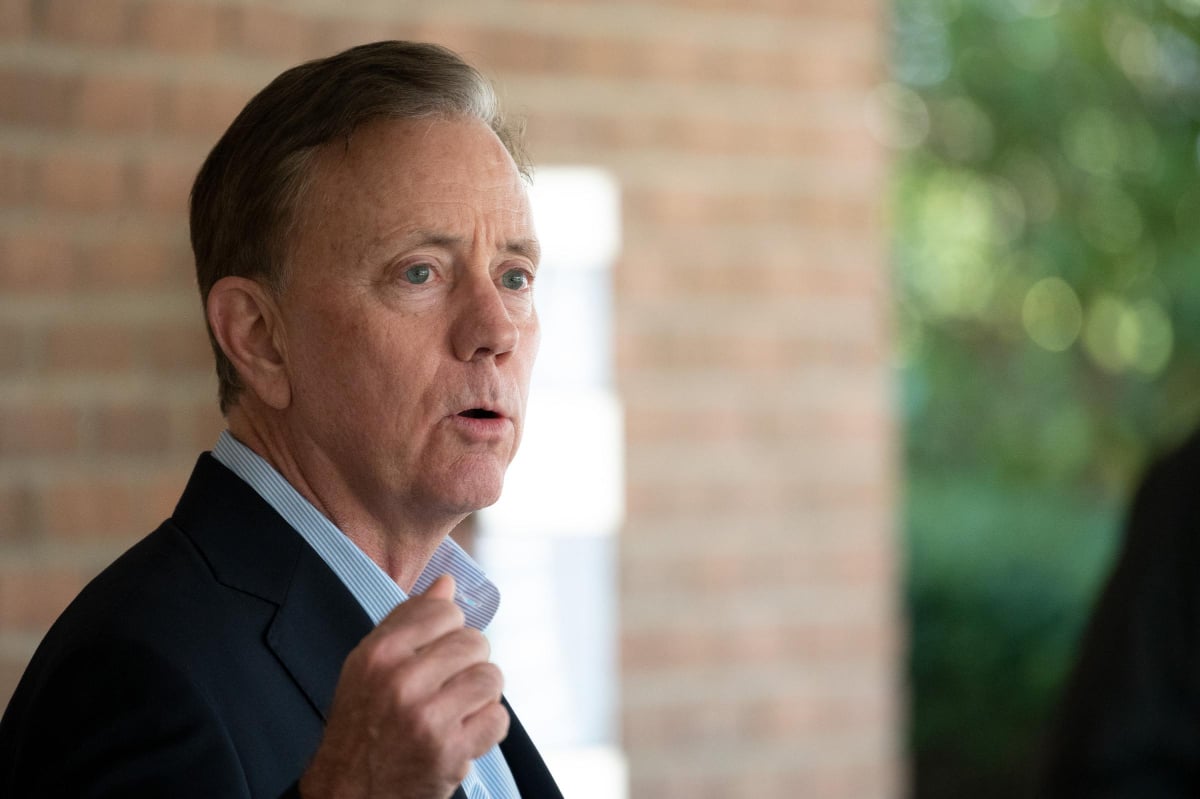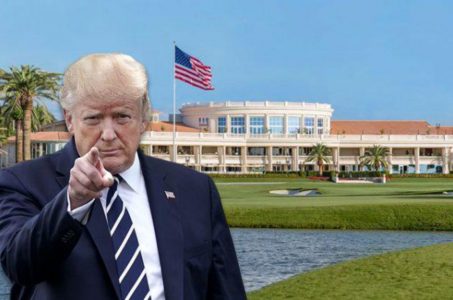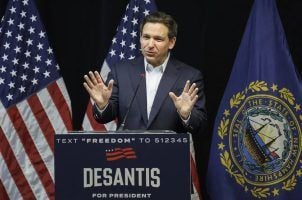Connecticut Committee Moves iGaming, Sports Betting Closer to Reality
Posted on: March 25, 2021, 10:42h.
Last updated on: July 7, 2021, 01:11h.
A committee in the Connecticut General Assembly this week passed four pieces of legislation that would greatly expand gambling in the state.

Last week, Gov. Ned Lamont (D) and the Mohegan Tribe and Mashantucket Pequot Tribal Nation agreed on terms to allow the tribes to operate online gambling. The deal also authorizes their respective casino resorts — Mohegan Sun and Foxwoods — to conduct sports betting in person and via the internet.
The gaming expansion pact doesn’t afford the tribes exclusivity on sports betting, but does hand them the restricted rights to jointly build a casino resort in Bridgeport.
Lamont’s agreement with the tribes requires approval from the legislature. The gaming expansion details were drafted in four bills and sent to the Public Safety Committee, where each received a majority backing from the 25-member group.
The four pieces of legislation are:
- Senate Bill 146 is an act to authorize online sports betting, online gaming, online lottery sales, and online keno.
- Senate Bill 570 authorizes a tribal resort casino in Bridgeport.
- House Bill 6451 amends the Class III gaming compacts with the tribes.
- House Bill 6512 is an act concerning consumer protections for sports betting.
Tribes Seek Competitive Advantages
Online gaming and sports betting would provide Mohegan Sun and Foxwoods with market advantages on their neighboring competition.
Sports betting is legal in Rhode Island, but online slot machines and table games are not. Massachusetts doesn’t allow sports betting, nor iGaming.
New York only permits sports betting to take place inside its upstate commercial and tribal casinos. The state doesn’t have legal internet gambling.
iGaming and sports betting, if permitted, would help Connecticut recoup some of the large tax revenue losses it has endured over the past 15 years. Connecticut’s current Class III gaming compacts with the Native American groups require their tribal casinos to share 25 percent of their slot machine revenue with the state.
As surrounding states have legalized commercial gambling, the Connecticut government has seen its casino revenue decline more than 43 percent from 2006.
Road Ahead
If the four bills are approved by the General Assembly, the tribes would share 18 percent of their online gross gaming revenue with the state. That rate would increase to 20 percent after five years. Sports betting, both mobile and in-person retail, would be subject to a 13.75 percent tax.
If state lawmakers approve the expanded gaming measures, the matters would next go before the US Department of the Interior (DOI) for final consent.
Under regulations set forth by the Indian Gaming Regulatory Act (IGRA), the Interior Department has 45 days to approve or disapprove proposed amendments to Class III gaming compacts.
The DOI notably failed to adhere to that clause in recent years when Connecticut tried to allow the Mohegan and Mashantuckets tribes to mutually build a satellite casino in East Windsor. Lamont’s new deal with the tribes cancels those former East Windsor ambitions.
Related News Articles
Most Popular
FTC: Casino Resort Fees Must Be Included in Upfront Hotel Rates
Genovese Capo Sentenced for Illegal Gambling on Long Island
NBA Referees Expose Sports Betting Abuse Following Steve Kerr Meltdown
UPDATE: Former Resorts World & MGM Grand Prez Loses Gaming License
Most Commented
-
UPDATE: Whiskey Pete’s Casino Near Las Vegas Closes
— December 20, 2024 — 30 Comments -
Caesars Virginia in Danville Now Accepting Hotel Room Reservations
— November 27, 2024 — 9 Comments -
UPDATE: Former Resorts World & MGM Grand Prez Loses Gaming License
— December 19, 2024 — 8 Comments -
FTC: Casino Resort Fees Must Be Included in Upfront Hotel Rates
— December 17, 2024 — 7 Comments
















No comments yet